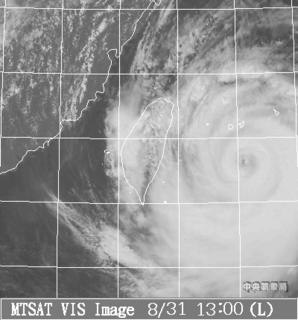After a day of working on my dissertation, reading and writing (mostly reading) and struggling in spots with where I want it to go and how I'm going to get it there, I get to settle back and take a look at today's mail.
I got a "big brown envelope" from my parents (as promised in an e-mail from my father). It contains a letter that my mother typed around a photocopy of a "Doonesbury" comic. (It's the one from July 24, in case you're interested--the one where Mike is daydreaming about Bush apologizing for the Iraq war. Dream on, Mike...) Among other things, my mother mentions that one of my uncles has just turned 65. ("I barely remember being that age!" she exclaims.) She also recounts their pastor's children's sermon, where the pastor
made the mistake of asking them if they'd ever gone swimming in the ocean, and they proceeded to yell out their experiences in the pool, ocean, bathub, whatever, and she couldn't shut them up to give the sermon. Finally said let's bring an end to this, and dismissed them.
The brown envelope also contains an obituary for Richard H. Hart, a gentleman from Morgantown (but born in Martinsburg) who "died unexpectedly on July 20, in the Morgantown Public Library, his place of employment for the last 10 years, surrounded by his beloved books." My parents didn't know him, but they understand his feeling about books...
The envelope also contains a copy of the "Journal Junction" (from Martinsburg's newspaper
The Journal), where some folks have called in to voice their opinions and
The Journal has printed some of 'em. One caller's opinion is notable:
From my observations of the political scene in the past five years, I have concluded that the real difference between the Democratic and the Republican parties is that the Democrats want to improve the lives of the American people from the cradle to the grave and the Republicans want to control the lives of the American people from before the cradle to beyond the grave.
Hmmm... I resonate with that... (Well, I should, considering the caller was my mother!)
Wrapping up this inventory, there's a (mighty late) apology letter and baggage tracing/claim form from United (they lost our luggage for close to a week while we were in the States, but it finally got to us). There are two pictures of my mother's four-foot tall (or is it five feet tall?) teddy bear playing the piano, and there's a copy (actually the original) of a treatise I wrote on "animal sex" when I was 6. (There--that last mention will definitely bring some new readers to this site!)
(And no, I'm not going to make a Technorati tag that says "animal sex"!)


